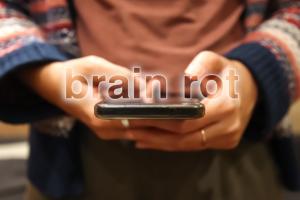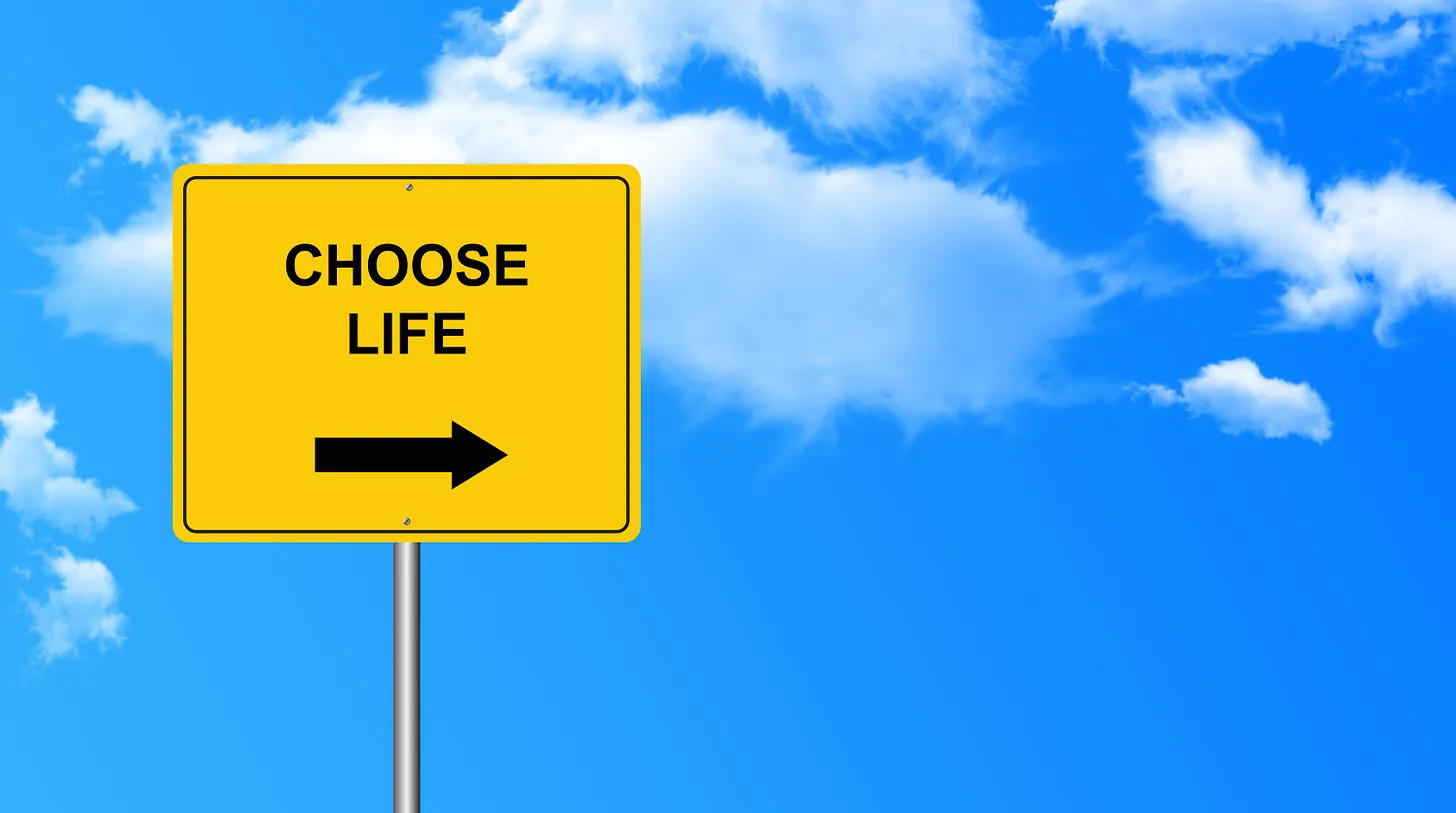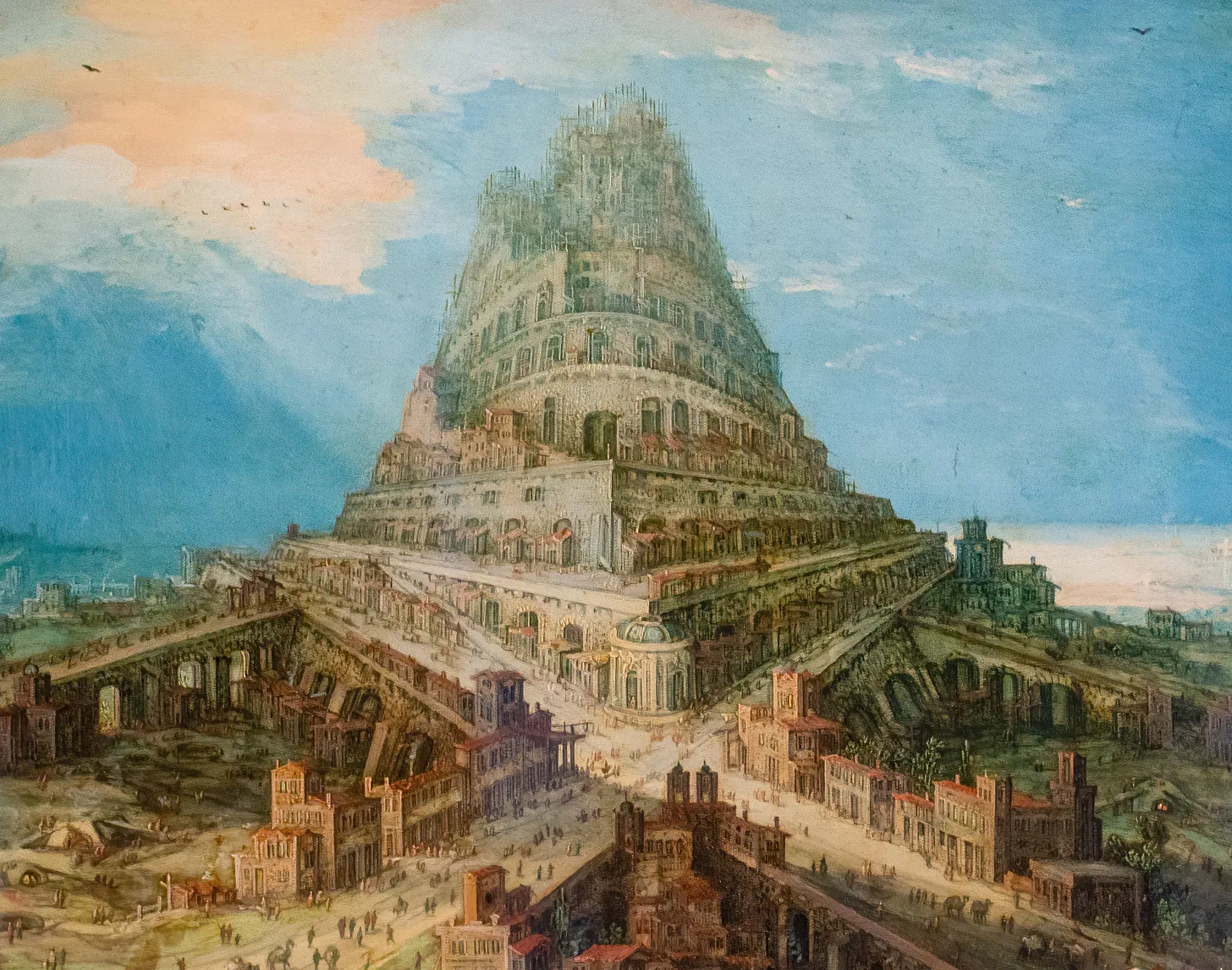“Is God Dead,” was the cover story of the April 8, 1966 edition of TIME magazine. Since that article (and many similar ones thereafter), the idea that “God is dead” has contributed to a steep moral decline in our societies; more and more, situational ethics determine good and evil; our places of worship have seen steadily diminishing numbers and many congregations of believers have ceased to exist. Within The Triumph of the Therapeutic by Philip Rieff, is an observation made at almost the same time 60 years ago:
“The death of God in the West has given birth to a new civilization devoted to liberating the individual to seek his own pleasures and to managing emergent anxieties.”
[Rieff also wrote that, “therapeutic ideology rather than communism was the real revolution of the 20th Century”] To quell these emergent anxieties that this “new civilization” has generated, a concept was put forward by Christian Smith and Melinda Lundquist-Denton in 2005: Moralistic Therapeutic Deism (MTD). In their book, Soul Searching: the Religious and Spiritual Lives of American Teenagers, we find an expansion of “moral therapeutics” to deal with stress, guilt, illness and their unhealthy mental, emotional, and physical outcomes, which have become quite widespread in our western cultures. MTD goes like this:
- A god exists who created and ordered the world and watches over human life on earth.
- God wants people to be good, nice, and fair to each other, as taught in the Bible and by most world religions.
- The central goal of life is to be happy and to feel good about one’s self.
- God does not need to be particularly involved in one’s life except when God is needed to resolve a problem.
- Good people go to heaven when they die.
Smith and Denton describe this type of religion as, “providing therapeutic benefits to its adherents.”
Rod Dreher, in his 2020 book entitled, Live Not By Lies, A Manual For Christian Dissidents, comments on this “therapeutic theology”: “In therapeutic culture, which has everywhere triumphed, the great sin is to stand in the way of the freedom of others to find happiness as they wish. This goes hand in hand with the sexual revolution, which, along with ethnic and gender identity politics, replaced the failed economic class struggle as the utopian focus of the post-1960s radical left.”
So, sin, is no longer defined by what are wrong behaviours, but rather it is standing in the way of others who want to indulge in wrong behaviours to find happiness. And when Dreher writes that “therapeutic culture has everywhere triumphed,” that is not an exaggeration. It is pervasive and ubiquitous in our Western societies via what he calls “soft totalitarianism” – let him explain (p.15):
“Under soft totalitarianism, the media, academia, corporate America and other institutions are practicing ‘Newspeak’ (an allusion to George Orwell’s ‘1984’) and compelling the rest of us to engage in ‘doublethink’ (also from ‘1984’) every day. ‘Men have periods. The woman standing in front of you is to be called “he.”’
“Diversity and inclusion mean excluding those who object to ideological uniformity. Equity means treating persons unequally regardless of their skills and achievements, to achieve an ideologically correct result. Many Christians will see through those lies today but will choose not to speak up. Their silence will not save them and will instead corrode them.”
Acceptance of immorality, or even our perceived agreement with such perversity will corrode our hearts and minds, and our faith, if any remains. Ceding to this “soft totalitarianism” may help to avoid loss and pain in the short-term, but it will not spare us grief and suffering in the long-term! What Dreher is describing is the modern phenomena of “wokism” – essentially being obsessed with race, gender and sexual orientation (often linked to religion, science, politics, education, business, economics, and a whole host of other fields these days). This thinking seems to have created a religion of its own. Vivek Ramaswamy, a recent U.S. Presidential candidate, an American businessman and lawyer of East Indian origin, in his book, Woke Inc., makes the case that “Wokeness is a Religion,” that has formed an institution called “The Church of Diversity.”
On page 237 of Woke Inc., he writes the following:
“The Church of Diversity knows that it’s not enough to rule through fear; it has to offer salvation too. ‘See privilege everywhere,’ it promises, ‘and you will understand the truth.’ ‘You will see the web of power that underlies all ordinary interactions, the microaggressions hidden beneath good intentions – you will see colonialism in holiday greetings, patriarchy in pronouns, and systemic racism in filibusters and highways.’”
There is no doubt that you and I are under intense pressure to be compliant in thought, word and deed: we’ve seen that to not comply with woke ideology brings a high probability of being shamed, cancelled or destroyed.
The heavy strain exerted by such modern thinking has caused many people, (with or without a faith-based life) in our Western societies to align with a progressive form of Moralistic Therapeutic Deism: If God exists, He wants nothing more from us than to be nice and to be happy and the only great sin we can commit is preventing others from finding happiness as they want.
In this age of such social media as X and Instagram, we can be verbally attacked or threatened a thousand times in mere minutes for posting messages or ideas that are contrary to the narrative proffered by governments, business, media, science and education; we may be rejected by our family, friends and fellow workers with whom we share a common social platform; we could lose our jobs and suffer economically if we do not accept the woke narrative on a host of issues.
Please understand that I am not advocating some form of masochism or martyrdom in reacting to this situation, but agreement with immorality that may be genuine, pretended or even ignorant is still wrong – and I dare say, “sinful.”
Alexandr Solzhenitsyn, a Russian dissident of the Soviet era, who opposed the likes of Josef Stalin and Nikita Kruschev (and suffered a great deal for it), wrote this in the last message to his fellow Russians in February, 1974 before being arrested, losing his citizenship and being deported to West Germany:
“Everybody says that they have no choice but to conform, and to accept powerlessness. But that is the lie that gives all other lies their malign force. The ordinary man may not be able to overturn the kingdom of lies, but he can at least say that he is not going to be its loyal subject.”
He continued in this Essay entitled, Live Not by Lies:
“We are not called upon to step out into the square and shout the truth, to say aloud what we think – BUT LET US AT LEAST REFUSE TO SAY WHAT WE DO NOT THINK!”
So, where are we in the scheme of this widespread societal condition? Are we indulging in this world’s comfort and luxury, and want to preserve the life we have grown accustomed to? Are we blindly or knowingly sharing in this world’s new religion because we are afraid of the pain and loss involved to forsake it? Do we fear woke leadership or the progressive mob so much that we will comply with and even “parrot” their doctrine?
The progression from moralistic therapeutic deism to woke ideology to a new religion took about sixty years to permeate our entire Western civilization:
It all started with the notion that the God of the Bible is dead.
Then, there was a replacement “god” that expected little of us except to feel good and be happy and to accept any behaviour – good or bad – from others.
Then came a replacement religion that featured forced proselytization to justify unrealistic expectations and immoral behaviour.
Of course, God is not dead, and we had no right to replace Him or His code of behaviour outlined by Him in the Holy Bible. Romans 1:20-21 states this:
“For ever since the creation of the world His invisible attributes, His eternal power and divine nature, have been clearly seen, being understood through His workmanship, so that they are without excuse and without defense. For even though they knew God, they did not honour Him as God or give thanks. On the contrary, they became worthless in their thinking…”
The remainder of the 1st chapter of Romans indicates what confusion and suffering we have brought upon ourselves with denying the LIVING God. There, the description of the depths of human immorality and the consequences are quite graphic and very similar to what we are witnessing today, especially in the West.
Fortunately, we have hope that all will be rectified shortly when God forcefully shows to all people on earth that He is very much alive and intends to restore good behaviour and morality to the benefit of all humanity. That hope is founded on the imminent return of Jesus Christ to assume control over the entire world.









